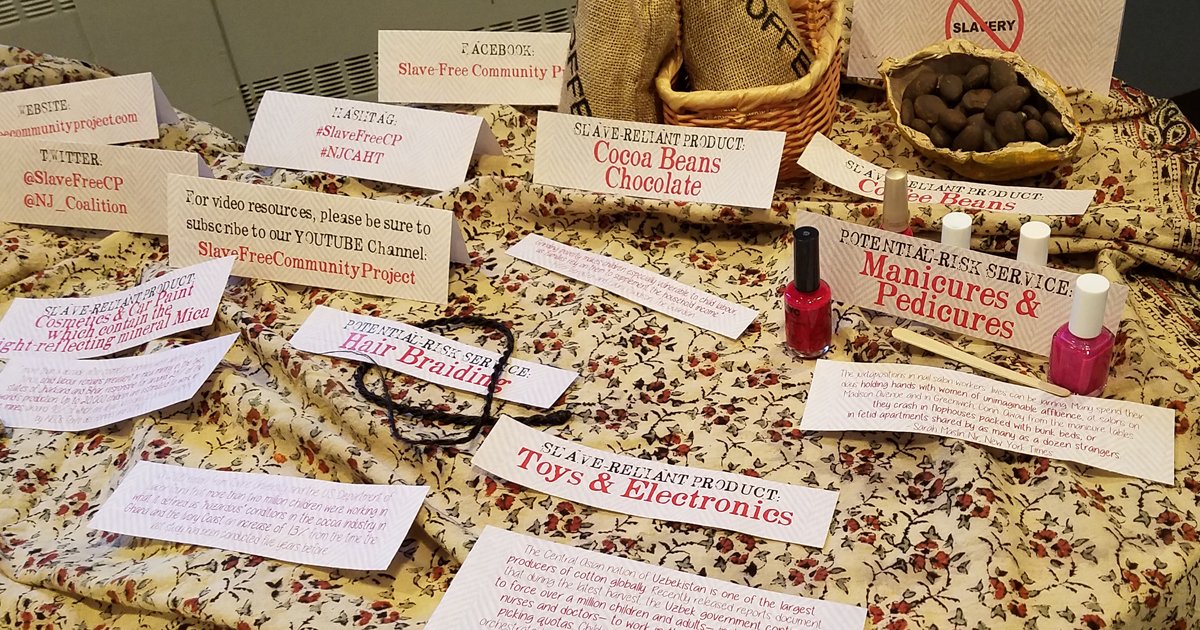A successful firm relies on the ability to sell, and it’s a means of generating revenue. However, it can be particularly difficult for a female entrepreneur because you are so committed to your work that sales might feel personal. When you hear a ‘no,’ it can feel like they’re rejecting you rather than denying your offer.
We’ve all been sold to by a sleazy salesperson at some point, so fearing sales and self-promotion are understandable. That memory most likely causes you to think, “I don’t want to be THAT person.”
You do what you do because you care, as evidenced by the fact that you’re reading this and don’t want to be “sales.” I’m willing to guess that when you were a small girl, you didn’t think to yourself, “Oh, I want to be in sales,” You were more interested in helping others.
I’m here to tell you that your work is beneficial to others, so you should publicize it and get it into the hands of those who need it the most.
Consider it more of a ‘being of service’ than a sales pitch.
Self-promotion should not be your primary purpose if you want to sell yourself without seeming slimy. If you walk into a client interaction thinking, “I’m going to sell you a car,” you’ll feel like a sleazy used car salesperson.
“I need to sell something… This client must be signed.”
What if the purpose was to help others instead of succeeding? Perhaps success is simply a result of hard labor.
That means you may concentrate on why you do what you do while feeling accomplished.
Assume you’re a health and weight-loss blogger. You utilize your blog to coach ladies one-on-one. Most crucial, you assist them in losing weight after giving birth in a method that does not overwhelm them while juggling a newborn.
You focus on what you can do during each encounter with a possible weight loss client to make her feel more confident and equipped to lose weight.
“Did I leave this individual better off than when I met her?” you wonder after the meeting. If the response is yes, you’ve done a good job.
You may generate entirely different energy around a conversation by starting it with the idea of “how can I help this individual” (whether it’s online or offline). That smooth, confident spirit makes your potential customer feel more confident that you can help her lose weight in a way that fits into her hectic, new-mother life.
Even better, she starts imagining how much value she’ll get if she pays for it when she concludes the conversation is feeling like you’ve benefited her before she’s even given you a dollar.
The ultimate result: After the conversation, your potential client feels good. You’re pleased with yourself for assisting others. And you’ll have a lot better chance of converting her into a paying customer without feeling sales.’
Promote twice as much as you think you should.
When it comes to selling, confidence is essential. That does not imply being arrogant or embellishing your accomplishments, and it entails being 100 percent certain that what you’re offering will benefit the individual to whom you’re offering it.
It’s crucial to approach the situation with confidence rather than desperation or dread. (Your potential clients will pick up on your worry right away.)
If you promote yourself twice as much as you need to, you should get twice as many inquiries from people who want to work with you. You’ll have a whole pipeline of individuals lining up for your offer, which will relieve the pressure of “where’s my next payment coming from?” and allow you to start talking about yourself and your job with more confidence.
When you speak from a place of trust and confidence, your ideal clients will sense that you’re an expert who can assist them solve their difficulties.
The seventh time’s a charm.
People must hear your message seven times before acting and clicking your link or purchasing your offer.
Why?
Inboxes are clogged, and social media feeds move at the speed of light due to people’s busy schedules.
What does that imply for you?
When you market yourself on social media or through your email list, you’re not being pushy, and it signifies you’re doing everything you can to make sure your audience hears your message.
Only a small portion of your target audience will notice it if you promote your offer once. Instead, write seven separate versions of that self-promotional Facebook post, schedule seven different tweets, and plan seven other blog pieces about the subject.
Then, space them out over a few days or weeks, mixing them with your regular posts, tweets, blogs, and newsletters to avoid bombarding your audience with “sales” content.
Most people aren’t aware that you’ve promoted your work so many times because they don’t spend their days on social media and don’t follow you on every channel available.
However, those who notice are considerably more likely to click the “purchase now” button, sponsor your next blog piece, or enroll in your next class. Because each time they read a post about your offer, you’re bringing them closer to realizing they require what you have.
If it makes you feel icky, try something different.
When you’re confident in your message and work, it’s easier to persuade others to listen to you. It’s nearly tough to sell yourself with confidence and excitement when you’re sick. Your audience will immediately pick up on your unease and begin to question your authority.
Besides, you’re aware that your efforts are making a difference. You have every right to feel good about telling them that.
So here’s the rule: if something about your self-promotion makes you feel icky, figure out why and discover a better strategy that works for you. There are many election sponsors that are making changes in the community.


